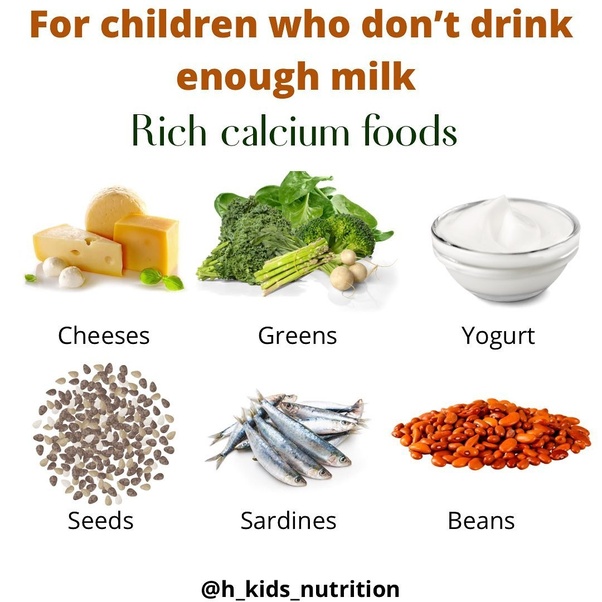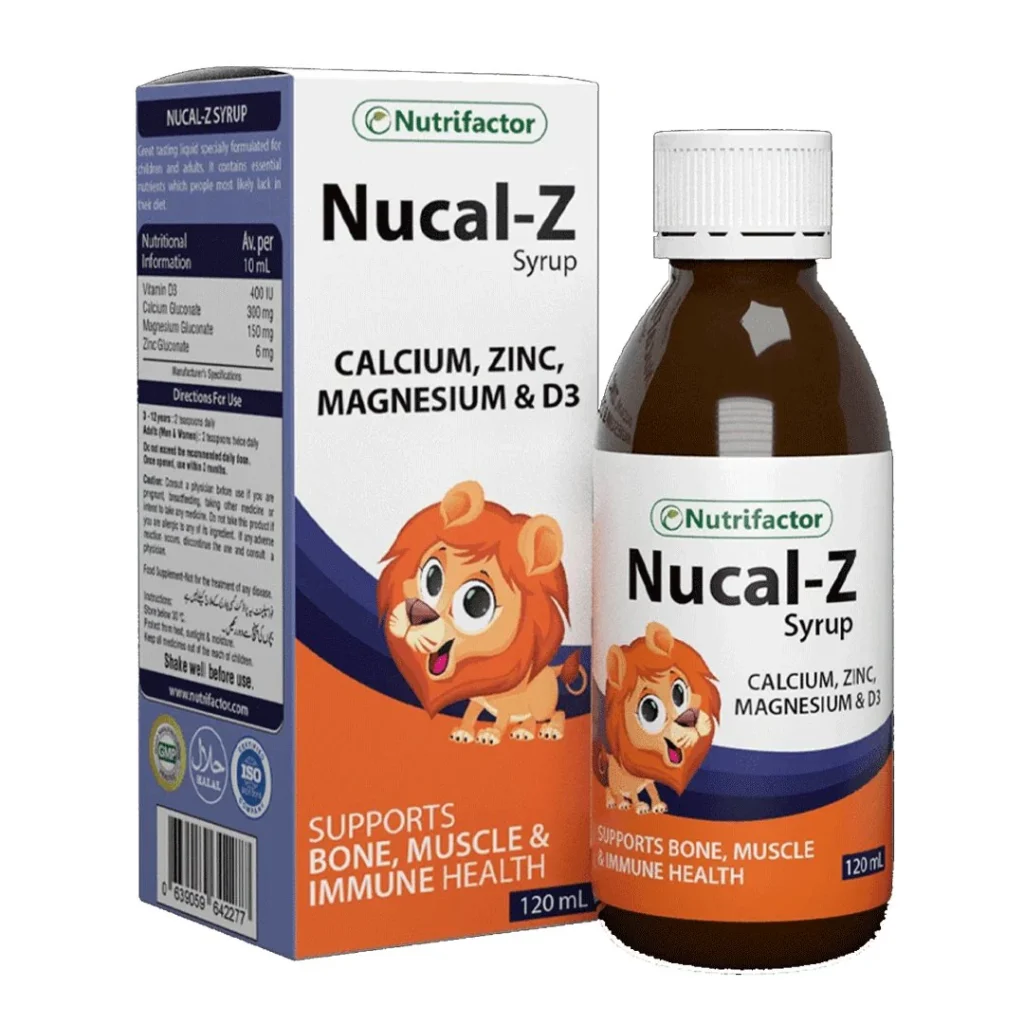Calcium, a vital mineral, is crucial in building strong bones and teeth. Ensuring adequate calcium for kids is essential for their growth, development, and overall health. For growing children, adequate calcium intake is necessary for optimal development. While dairy products are a classic source of calcium, incorporating calcium-rich foods and ensuring your child drinks calcium-fortified water are excellent ways to meet their daily needs. There are various options to ensure your child gets their required dose of calcium for healthy growth.
1. Why is Calcium Important for Kids?
- Strong Bones and Teeth: Calcium is the primary building block of bones and teeth.
- Muscle Function: It helps in muscle contraction and nerve function.
- Blood Clotting: Calcium is essential for blood clotting.
2. How Much Calcium Do Kids Need?
The recommended daily intake of calcium varies with age:
- 1-3 years: 700 mg
- 4-8 years: 1,000 mg
- 9-18 years: 1,300 mg
3. Calcium-Rich Foods for Kids:
Incorporating these foods into your child’s diet can help meet their calcium needs:

- Dairy Products: Milk, yogurt, and cheese are excellent sources of calcium.
- Fortified Foods: Many plant-based milk alternatives, cereals, and juices are fortified with calcium.
- Leafy Green Vegetables: Kale, spinach, and broccoli are good sources of calcium.
- Legumes: Beans, lentils, and chickpeas contain calcium.
- Nuts and Seeds: Almonds, sesame seeds, and chia seeds are rich in calcium.
- Fish with Bones: Sardines and salmon with bones are great calcium sources.
4. Calcium Supplements for Kids:
If your child’s diet isn’t meeting their calcium needs, a pediatrician may recommend calcium supplements to support their growth. Additionally, incorporating a probiotic for kids alongside their calcium intake can promote better digestion and nutrient absorption, ensuring they get the most out of their diet and supplements.
Types of Calcium Supplements:
- Calcium Carbonate: A common and affordable form of calcium.
- Calcium Citrate: Easier to absorb, especially for those with low stomach acid.
Choosing the Right Supplement:
- Consult a Pediatrician: Before starting any supplement, consult your child’s doctor.
- Consider Vitamin D: Vitamin D helps the body absorb calcium.
- Look for Quality Brands: Choose reputable brands that adhere to quality standards.
- Follow Dosage Instructions: Adhere to the recommended dosage for your child’s age.
Tips for Encouraging Calcium Intake:
- Make Milk Fun: Add chocolate syrup, fruit, or honey to milk.
- Sneak in Veggies: Blend spinach or kale into smoothies or sauces.
- Offer Calcium-Rich Snacks: Serve cheese, yogurt, or almonds as snacks.
- Cook with Calcium-Rich Ingredients: Use milk, cheese, and yogurt in recipes.
By following these tips and incorporating calcium-rich foods and supplements into your child’s diet, you can help them build strong bones and teeth for a lifetime.
5. Best Calcium for Kids’ Teeth:
Calcium strengthens tooth enamel and prevents cavities. Foods like cheese and yogurt can help maintain oral health. For added support, look for calcium supplements for kids that promote strong teeth.
6. Calcium Snacks for Kids:Turn snack time into an opportunity to boost calcium intake:
7. Best Calcium for Teens:
Teenagers often need more calcium due to their rapid growth. Encourage them to consume:
- Smoothies with fortified almond milk.
- Calcium-rich salads with spinach or kale.
- Supplements like calcium carbonate for kids.
8. Calcium for Kids Who Don’t Drink Milk:
Not all kids enjoy milk, but that doesn’t mean they have to miss out on calcium. Alternatives include:

- Fortified Non-Dairy Milks: Almond, soy, or oat milk.
- Seafood: Sardines and canned salmon.
- Legumes: Lentils and chickpeas.
These foods provide calcium for toddlers and kids who avoid dairy.
9. Calcium Gummies for Kids: A Fun Option
Calcium gummies are not only delicious but also easy to consume. Many brands offer additional vitamin D, making them a dual-benefit choice for kids.
10. Calcium Syrup for Kids:
For younger children, especially toddlers, calcium syrup for kids is an excellent choice. It’s easy to administer and often comes in flavors kids love.

Conclusion:
Ensuring your child gets enough calcium is crucial for their growth and development. Whether through calcium-rich foods for kids, such as dairy and leafy greens, or supplements like calcium gummies for kids and calcium tablets for kids, there are plenty of ways to meet their needs. For toddlers or kids who don’t drink milk, options like calcium carbonate for kids, calcium syrup for kids, and non-dairy alternatives ensure they don’t miss out.
Prioritize the best calcium supplements for kids that also include vitamin D to enhance absorption. From calcium snacks for kids to calcium for kids’ teeth and growing teens, providing the right calcium dose per child per kg ensures strong bones and healthy smiles. Start incorporating these calcium sources for kids today to support their health and well-being!
FAQS:
What is the best calcium for kids?
The best calcium for kids includes calcium-rich foods like dairy products, leafy greens, and fortified cereals. For supplements, calcium gummies or tablets with added vitamin D are excellent options to support growth and development.
Should children take calcium?
Yes, children need calcium for strong bones, teeth, and muscle function. If their diet lacks enough calcium-rich foods, supplements can help meet daily requirements.
What food is highest in calcium?
Dairy products like milk, cheese, and yogurt are highest in calcium. Non-dairy options include kale, tofu, almonds, and fortified plant-based milks.
What are the symptoms of calcium deficiency in kids?
Symptoms include weak bones, delayed growth, dental problems, and muscle cramps. Severe deficiencies may lead to rickets or bone deformities.
Are calcium vitamins good for kids?
Yes, calcium vitamins are beneficial when dietary intake is insufficient. They help support bone strength and overall health when used as recommended.
Why calcium for kids?
Calcium is vital for building strong bones and teeth, supporting muscle function, and ensuring proper growth during childhood and adolescence.
External Resources:
Dietary Guidelines for Calcium – National Institutes of Health (NIH)
This guide provides detailed recommendations for calcium intake across different age groups.
Vitamin D and Calcium Connection – CDC
This page highlights the importance of vitamin D in calcium absorption and its role in childhood development.
Best Calcium Supplements for Kids – Mayo Clinic
Expert advice on choosing the right calcium supplement for children, depending on their age and dietary needs.

Empowering parents to raise happy, confident kids. Get practical parenting tips and advice on our blog, Smart Parent Guides.
